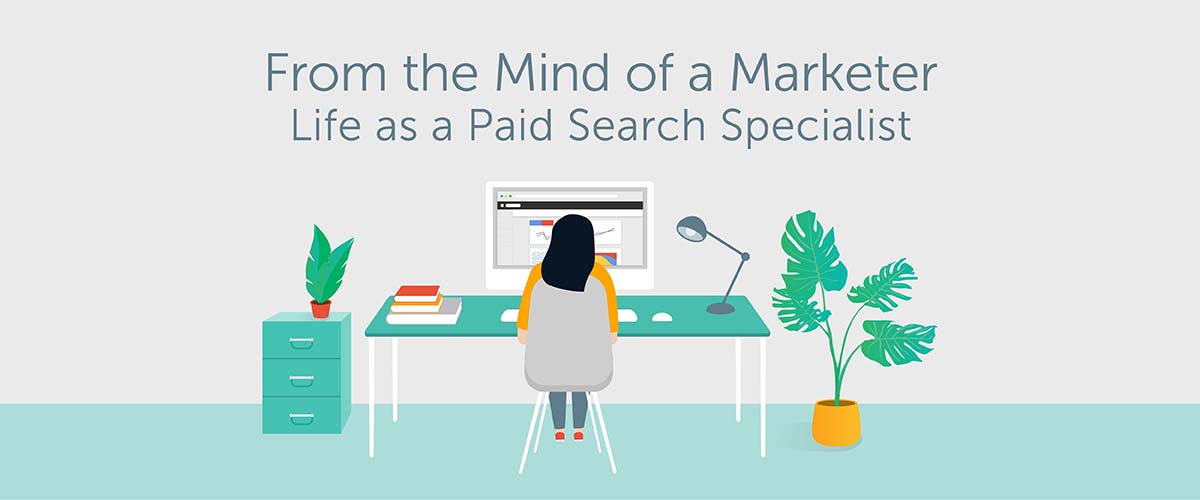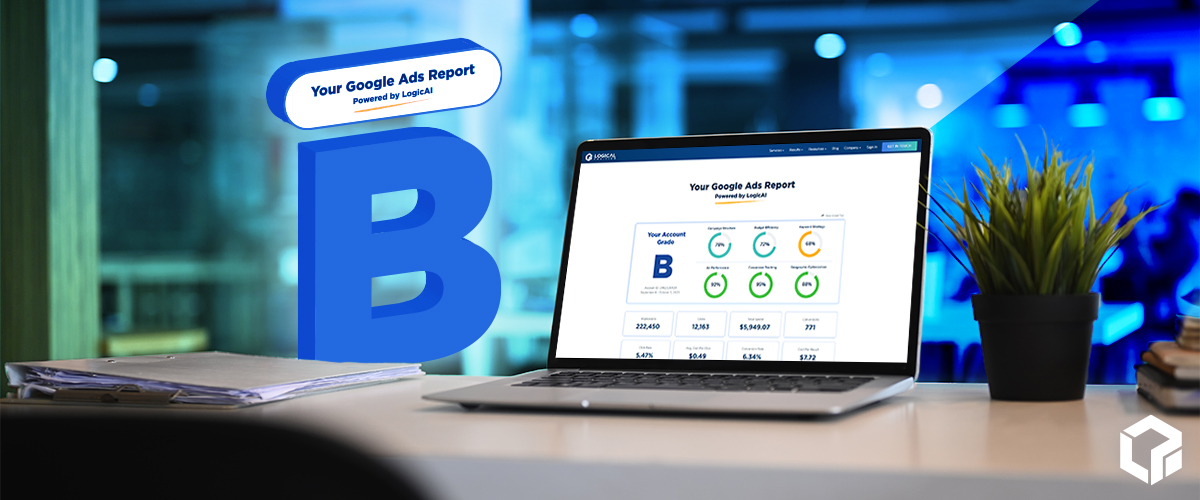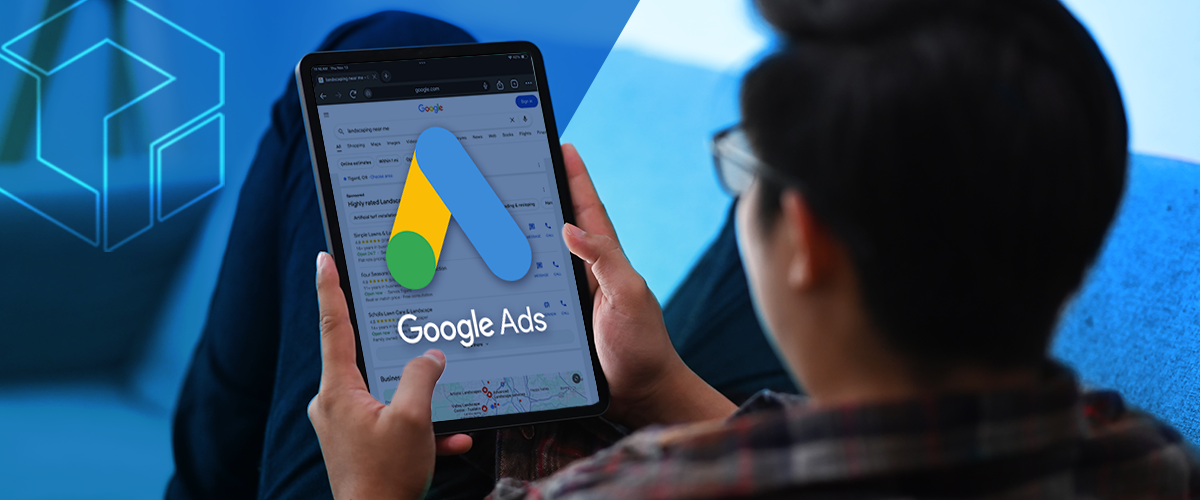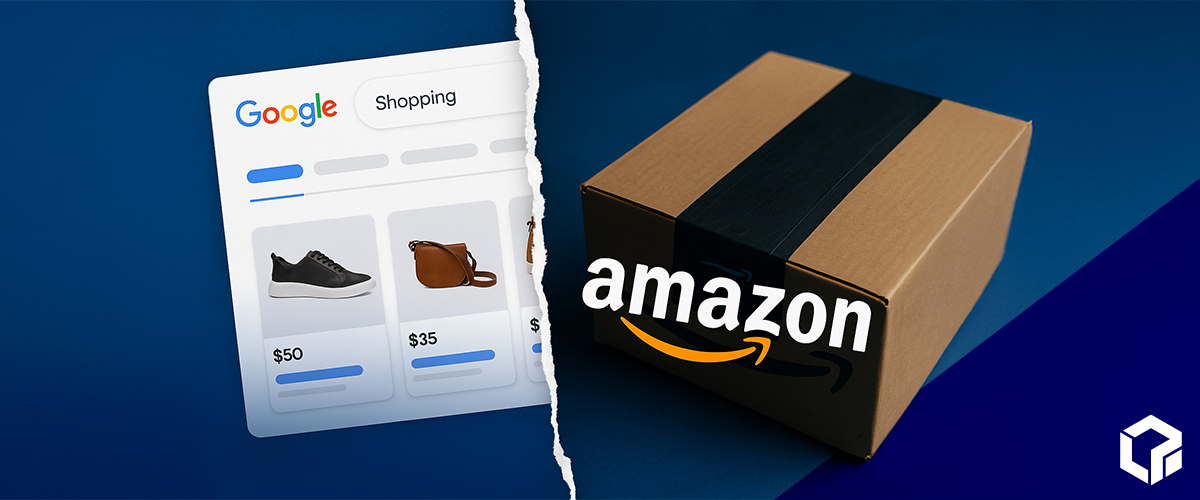I worked in a client-facing role as a Paid Search Specialist (PSS) for the majority of my time at Logical Position, and last month I had the opportunity to transition to a writing position on our internal marketing team. This gives me a unique perspective since I have in-depth knowledge about paid search and pay-per-click advertising, and now I am able to write about these experiences firsthand. My role now is to figure out the best way to share my insights with diverse audiences. What better place to start than writing about my experiences as a PSS at Logical Position? Bear in mind, this was my experience as a PSS—and that doesn’t mean that every PSS will have the exact same journey that I did.
In this article, I’ll take you through my day-to-day life as a former PSS to give you an inside look at what it’s like here at LP. If you’re interested in applying for a role as a PSS, or just want to know more about the work that goes on in an account, keep reading.
What is a Paid Search Specialist?
This title is essentially assigned to the “optimizer” of an account: the main person who is responsible for maintaining Google Ads accounts. When I worked as a Paid Search Specialist I maintained a book of clients, and I was in charge of building, optimizing and reporting on their accounts. For clients, this meant that they no longer had to stress about managing their Google Ads accounts—they could leave all of the work to me.
For each account I worked on, I also worked with an Account Manager, who acts as the main point of contact for the client.
Building and optimizing accounts is a full time job, so another person is needed on the account who can dedicate their time to the client’s immediate needs.
I left detailed notes and metrics about each account for the Account Managers I worked with, so they could use my insights to provide and in-depth report to the client. Account Managers would set up check-in meetings as needed to fulfill the needs of the client and address client questions via phone and email. Plus, it was helpful to have a second set of eyes on the account to make sure everything was running smoothly.
What does a Paid Search Specialist Do?
My days were structured by several elements of work: intake calls, change requests, builds, and optimizations. If we’re looking at an account from start to finish, the inception for a PSS would be the intake call. This is when our partnership with a new client officially begins. The intake calls allowed me to deepen my understanding of a client’s business so that I could properly build out their account. I’d ask them about their business, their goals and some additional questions that helped me to create their ads, such as the locations they serve. Once the intake call was finished, it was time to build out the account!
How Do You Build A Paid Search Account?
Account builds were the most challenging, yet creative part of my work as a PSS. There are two different types of builds: paid search and paid shopping. Whether I was creating search or shopping campaigns, each account build came with the same set of questions:
- How will I segment the account?
- Which audiences should I target?
- Which Google Ads settings are crucial for success?
Paid Search (lead generation) vs. Paid Shopping (e-commerce)
Paid search and paid shopping campaigns are each built very differently because each type has a different goal. For paid search campaigns, the goal is usually to drive more leads. These leads can come in the form of phone calls, foot traffic to a store, or filling out an online form. In some instances, search campaigns can be e-commerce based, but the majority of campaigns I encountered were for driving leads. For paid shopping campaigns, the goal is to drive more purchases on the website, plain and simple. Since the goals of these campaign types are so different, they require very different techniques to build out.
Paid Search (lead generation)
Building lead generation accounts started with doing research about the client’s business and the industry, then deciding how the campaigns should be segmented. From there, I would come up with a list of keywords to target. These would be the terms people searched for, that the client should be showing up for. The keywords would then be segmented into their respective campaigns. Next, I’d write the ad copy for all of the keywords I was targeting. And the final step was tailoring the campaign settings to ensure we were targeting the right audience, in the right place, and at the right time.
Paid Shopping (e-commerce)
Building out an e-commerce account started a little differently. I would first ensure that the data feed is in working order. If not, I’d work with my data feed team to sort out any issues and restructure things properly. In some cases, my team would recommend a new feed entirely. The feed would be restructured or rebuilt in Google Merchant Center. Then the products needed to be approved in the merchant center before the campaigns could be built out. Once the products were approved, I’d pull them into an Excel file and segment them into categories, often by price, brand, or product type. Once the products were segmented, it was time to import them into the Google Ads interface and customize campaign settings.
How Is An Account Optimized?
Once an account was built out, it was time to start optimizing it. Optimizations are important in helping maintain account performance. Google Ads is an ever-evolving platform, and things can change drastically from week-to-week. Ops were the remedy for this because they allowed me to stay aware of what was going on in accounts and make necessary adjustments. Some of the things I would look for in a typical optimization include:
Making sure we were on budget
Checking the search terms report
Increasing or decreasing bids
Checking out the device bids
If an account was underperforming I’d take steps to correct it by adjusting additional settings, and if performance was great I’d make adjustments to make sure I was capitalizing on that as much as possible.
What If Changes Need To Be Made?
Sometimes a client will add new products to their website, or even start offering new services. Other times, Google Ads changes it’s user interface or adds a new feature. How do those things get added in an account? That’s where change requests come in. Change requests usually came from the Account Managers, who either relayed a request that the client had or had found something in the account themselves. Here are some examples of change requests that can boost an account’s performance:
- The client decides to increase their budget by $200.
- The client added a new product category to their website.
- The client wants to run a promotion and include it in the ad copy.
- Campaigns were segmented using an older strategy and need to be restructured.
Key Takeaways
The day-to-day life of a Paid Search Specialist at LP is pretty special. There’s always something new to learn, and no two days you have will ever be the same. It’s amazing to get to work for a company that fosters constant innovation and growth while keeping client needs front and center. Even as we’ve grown over the years, we’ve always put our clients first and maintained our high degree of customer service and client satisfaction. The future looks bright for LP, and we can’t wait to see what it holds.




